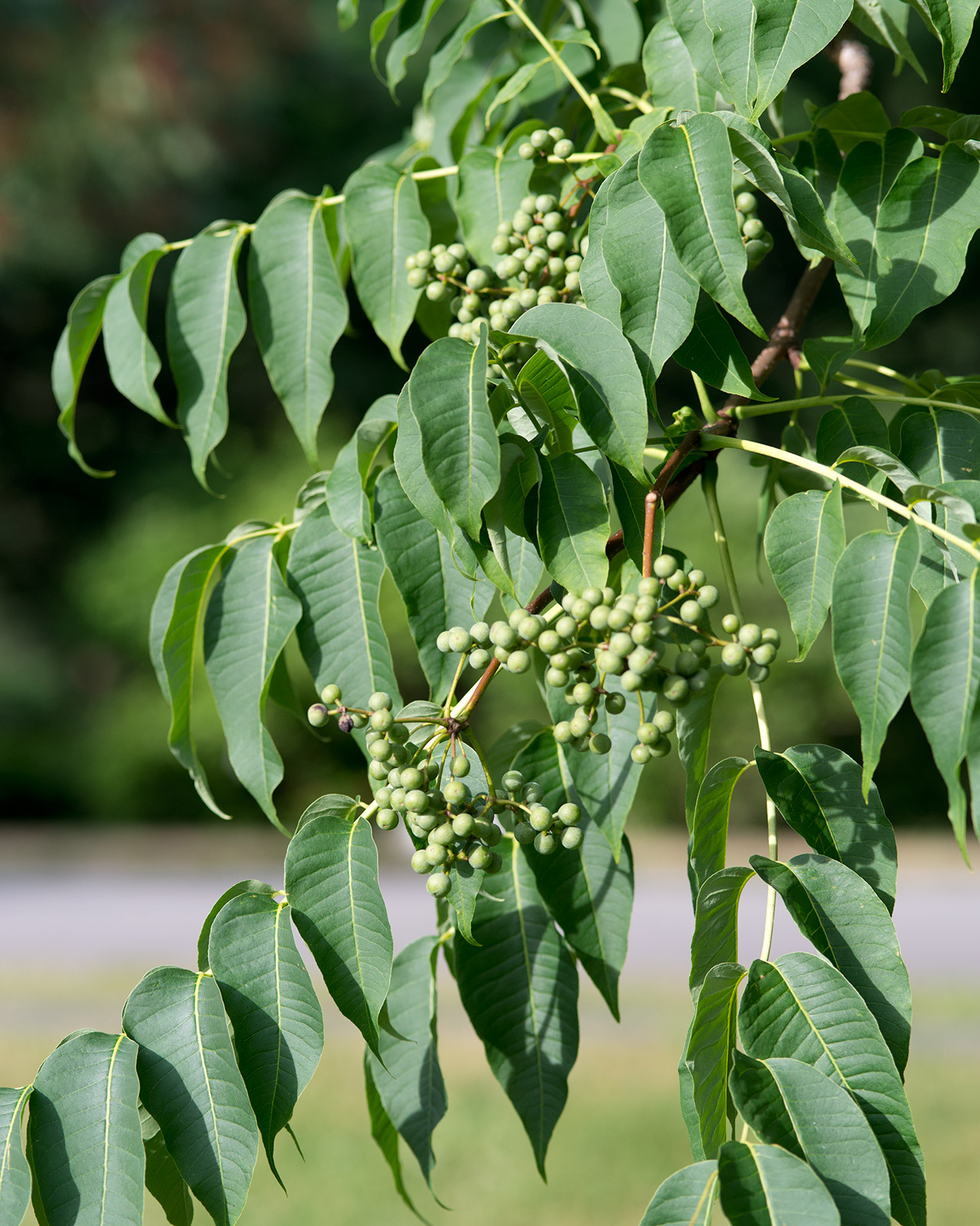Metabolic adverse effects are a significant concern for people being treated with antipsychotic medications. Weight gain, cholesterol abnormalities, high blood pressure, blood sugar metabolism alterations and cardiovascular abnormalities are implicated in research. These metabolic disturbances along with other factors can contribute to the development of co-morbid disease states including type-2 diabetes, cardiovascular disease and obesity, collectively termed as metabolic syndrome.
The severity of metabolic effects of antipsychotics can greatly vary between individual medications with some producing strong metabolic side effects and others having a neutral, mild or moderate effect. Unfortunately some of the best performers with respect to efficacy are some of the worst when it comes to producing adverse cardio-metabolic effects.
Typical management of these side effects vary from patient to patient, but may include switching medications, dietary and lifestyle changes, and/or the addition of other medications such as hypoglycaemics, antihypertensives and hypocholesterolaemics. Polypharmacy may be undesirable for the individual or otherwise may produce further side effects which make it intolerable. Herbal medicine as an adjunctive therapy may be more appealing to some, it is generally considered to have fewer side effects than medications and has shown some efficacy in the literature, and therefore may be considered an option.
There are a number of herbs that have significant effects on metabolic parameters and have the potential to be useful in combatting the metabolic side effects. Clinical research illustrates safranal (a constituent of saffron) and berberine (a constituent of phellodendron, goldenseal, barberry) that have demonstrated the ability to prevent or reduce adverse metabolic side effects when used as an adjunctive to some antipsychotic medications. There are many herbs of interest which are used to target specific elements of metabolic syndrome including fenugreek, green tea, true cinnamon, pomegranate, gymnema, bitter melon, garlic, nigella, hibiscus, hawthorn, turmeric and many more. These herbs have significant clinical evidence for components of specific metabolic syndrome, however have not yet been studied among people with serious mental illness taking anti-psychotic medications.
It is important to note the possibility for dangerous herb-drug interactions, and highlight the importance of having a psychiatrist and qualified naturopath to assess for known interactions and monitor for any unexpected side effects or interactions. Concerning efficacy, it is important to consult the latest research regarding the most effective dose, concentration of active constituents, extraction method and dosing regimen.
From a holistic stand point, there are many other ways to target these metabolic side effects including specific dietary changes, specific nutritional supplements and lifestyle changes. It is important to consider the individual and work within what is safe, relevant, achievable, realistic and financially viable.
The information presented in this article is for educational purposes only and to present the potential use for adjunctive herbal medicines. It is not intended as and should not be used as medical/health advice. Always consult a qualified health practitioner for advice and treatment before using any herbal medicine. Some of the herbal medicines listed above may be inappropriate for some people and may be contraindicated with medicines commonly used in psychological conditions.
Please don’t hesitate to contact me via georgie@floratherapies.com.au if you have any questions or would like to find out whether I can help you with your health.
Georgie Jurss is a genuinely caring and non-judgemental Naturopath who offers individualised, client-centred care. Georgie’s approach to treatment with natural medicines is underpinned by both contemporary scientific literature and traditional knowledge.
Georgie is interested in all aspects of health.



